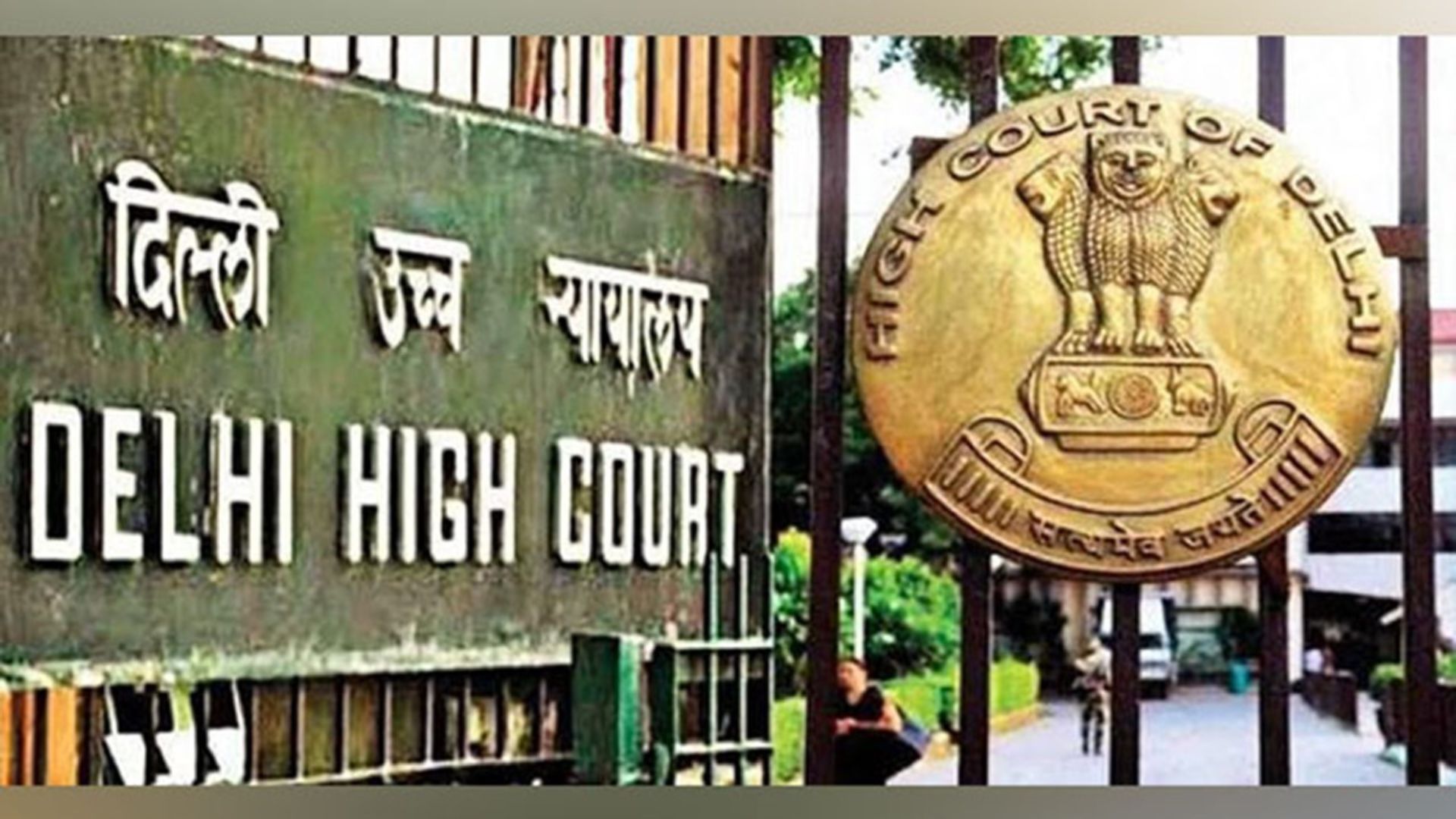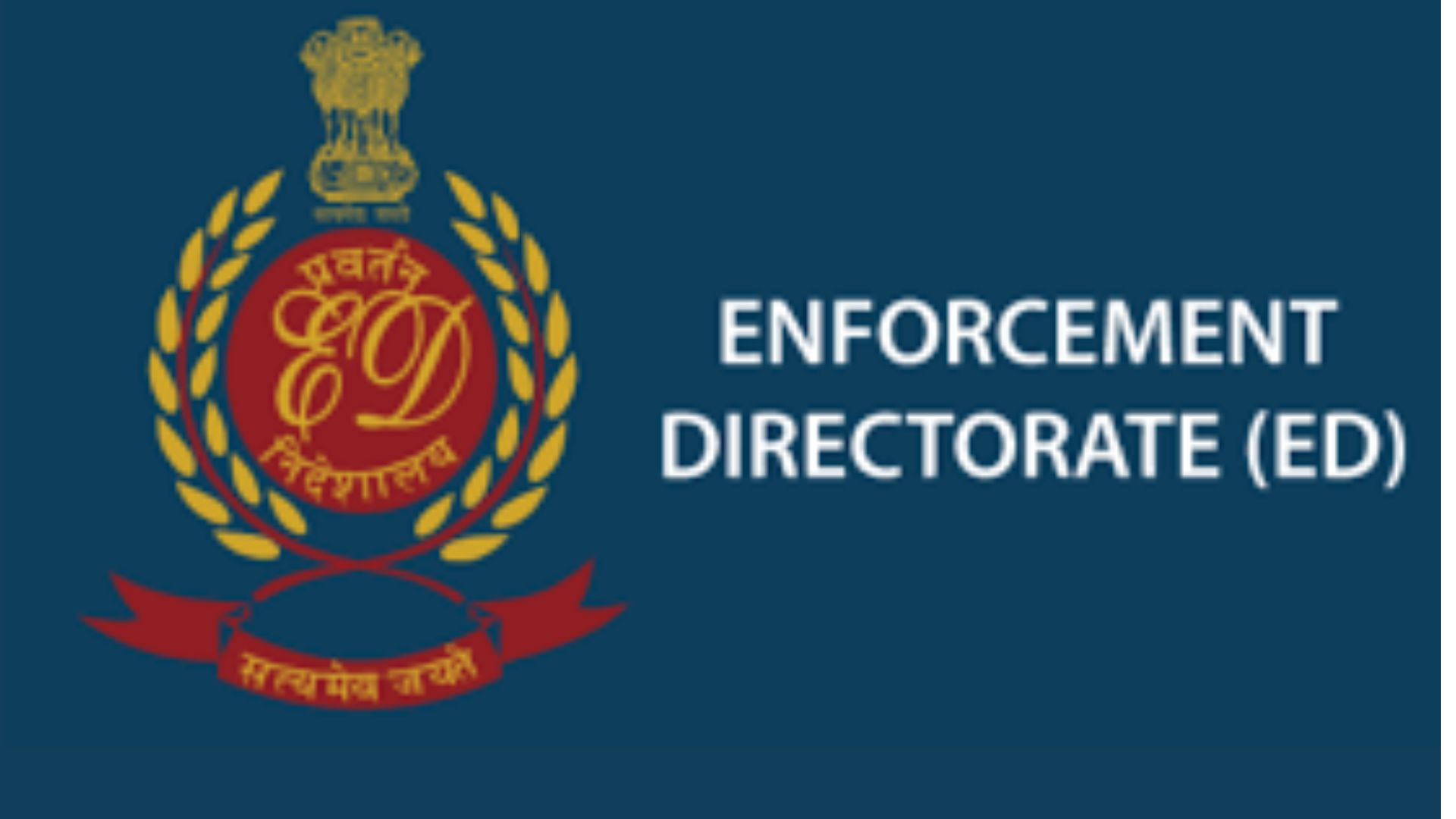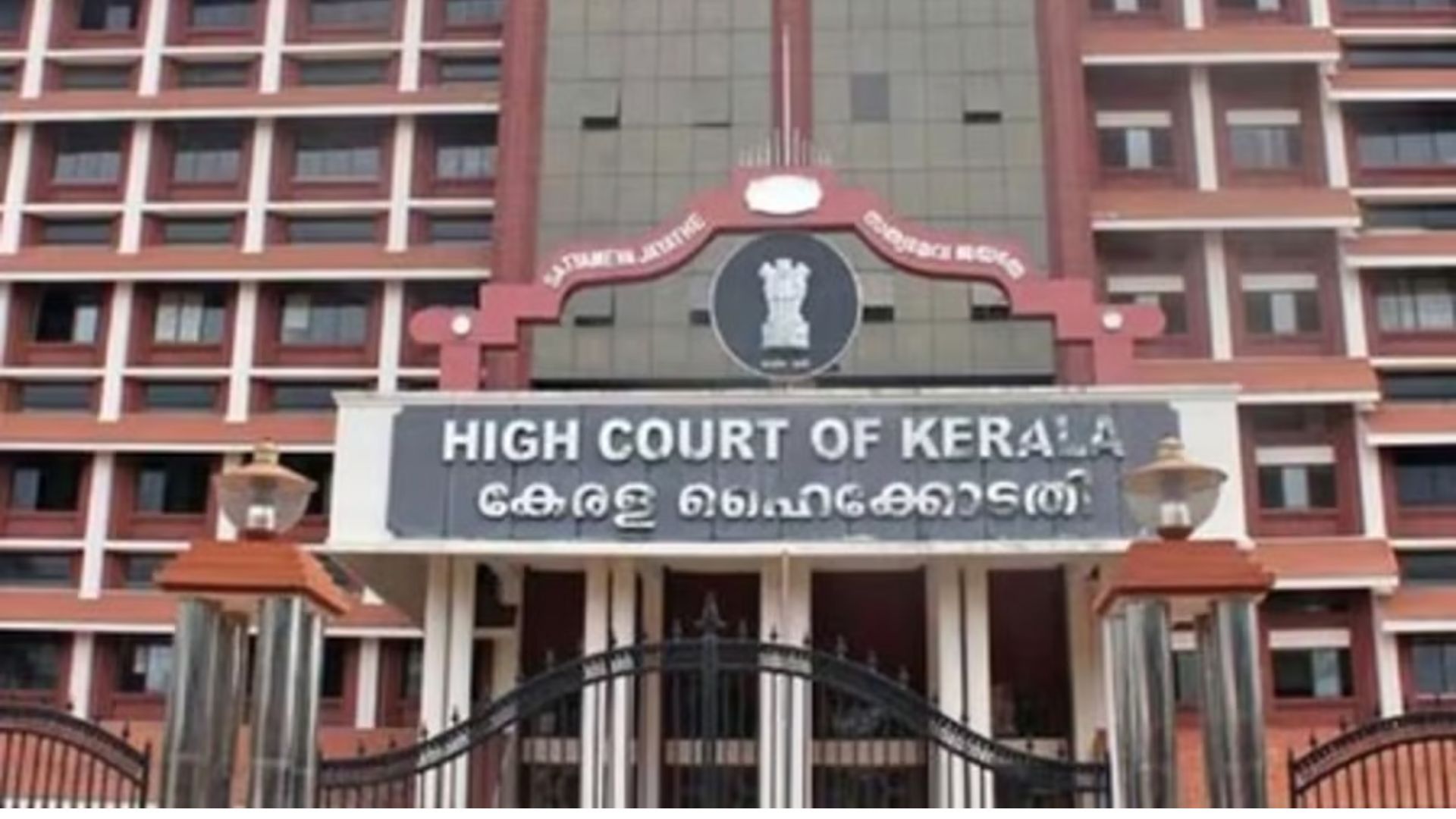
The Delhi High Court has declined to entertain a Public Interest Litigation (PIL) that requested the establishment of a religious body, akin to a “Sanatan Dharm Raksha Board,” to safeguard Sanatan Dharma and its culture. The bench, led by Chief Justice Manmohan and Justice Tushar Rao Gedela, stated that the court cannot intervene in policy matters.
The petition was filed by the Sanatan Hindu Sewa Sangh Trust, represented by Advocate Ashok Kumar. It emphasized that India is a secular nation, as explicitly stated in the Constitution. The petition argued that while the Government of India has established various bodies for followers of different religions, there is no dedicated board or government entity to protect the rights and customs of those adhering to Sanatan Dharma, also known as Hindu Dharma.
The plea expressed concerns that individuals from other religious communities are engaging in actions perceived as attacks on Sanatan Dharma, including attempts to convert its followers to other religions, which contradicts the customs and beliefs of Sanatan Dharma adherents. It asserted that since the majority of the population in India identifies with Sanatan/Hinduism, they are entitled to protection and facilities related to their religion, which have not been provided by the government for many years.
The petition further argued that the government has a legal obligation to protect the rights and customs of the Sanatan/Hindu religion. It highlighted that many temples across the country are managed by the Government of India and state governments, which collect funds from these temples. Despite this, the government has yet to create a dedicated national body to protect Sanatan/Hindu religion, underscoring the necessity for such an establishment.














